Estimated reading time: 3 minutes
The challenging electric vehicle (EV) market has claimed another victim. EV maker Fisker Inc. has filed for bankruptcy, not even a year after delivering its first cars to buyers. This move places Fisker alongside other bankrupt EV startups like Lordstown Motors and Arrival.
While several factors have contributed to these companies’ financial troubles, the crux of the issue lies in the EV market not growing as robustly as anticipated. Additionally, some EV owners have expressed dissatisfaction with their purchases.
Fisker Inc. and Chapter 11 Bankruptcy
Fisker Inc., an ambitious EV startup, has recently sought Chapter 11 bankruptcy protection. The company, along with its U.S. subsidiaries, filed for bankruptcy in a Delaware court, marking a significant step in its efforts to manage its financial woes. Fisker’s statement indicated ongoing discussions about selling its assets, as the company works to navigate the complex automotive market.
Financial Overview: Assets and Liabilities
In its court filing, Fisker Inc. listed its assets as being worth between $500 million and $1 billion. However, its liabilities were significantly higher, ranging from $1 billion to $10 billion.
This financial disparity highlights the severe challenges Fisker faces, emphasizing the urgency of its restructuring efforts. The Chapter 11 filing by Fisker Group Inc., the company’s operating unit, aims to provide a framework for debt restructuring and asset sales.
Challenges in the EV Market
Despite initial optimism, the EV market has proven to be more challenging than many anticipated. Although Tesla’s Model Y was the top-selling car globally last year and overall EV sales are still increasing, the growth rate has slowed.
John Helveston, an engineering professor at George Washington University, noted that Tesla’s recent slowdown has negatively impacted the industry’s perception. However, other automakers like Hyundai, Kia, Ford, and GM continue to experience growth in their EV segments.
Consumer Hesitance and Market Dynamics
A McKinsey report revealed that over a quarter of EV owners are considering switching back to gasoline-powered cars for their next purchase. Gil Tal, a professor at the University of California, Davis, identified two primary concerns for consumers: the high sticker price of EVs and range anxiety.
Many U.S. drivers still prefer gas cars, and the slow pace of infrastructure development exacerbates these concerns. Tal emphasized the need for a broader range of affordable EV models and faster infrastructure expansion.
Solutions on the Horizon
Despite these challenges, industry experts remain optimistic. Stephanie Valdez Streaty, Cox Automotive’s director of industry insights, highlighted upcoming solutions to address consumer concerns.
Standardization of charging stations is expected by 2025, allowing any EV to use any charging station. Additionally, more affordable EV models and larger vehicles, such as SUVs with three rows, are on the way, catering to American preferences.
The Path Forward for Fisker and the EV Industry
As Fisker Inc. navigates its Chapter 11 bankruptcy and works towards asset sales and debt restructuring, its future remains uncertain. The broader EV industry also faces a tough road ahead.
While states aim to eliminate gas car sales by 2035, achieving this goal will be challenging, especially as the market moves beyond early adopters. The success of Fisker’s restructuring efforts and the industry’s ability to address consumer hesitance will be critical in shaping the future of electric vehicles.
Conclusion
Fisker Inc.’s bankruptcy filing underscores the significant challenges EV startups face in a competitive and evolving market. With assets valued between $500 million and $1 billion and liabilities ranging from $1 billion to $10 billion, Fisker must successfully navigate its restructuring efforts to continue operating.
While the EV market grows, albeit more slowly than before, addressing consumer concerns about price and infrastructure will be vital. The industry’s ability to adapt and innovate will determine its long-term success in achieving widespread EV adoption.



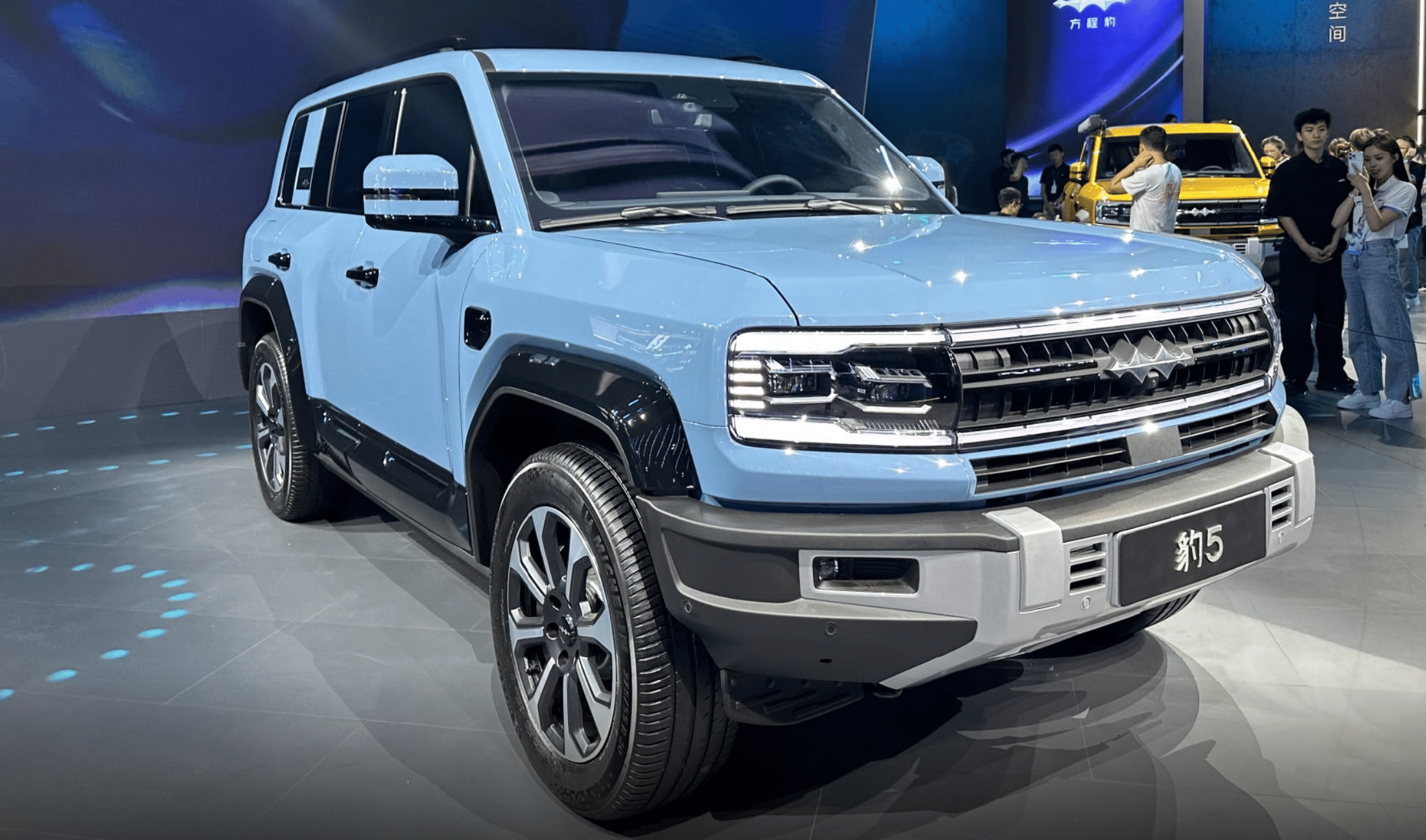
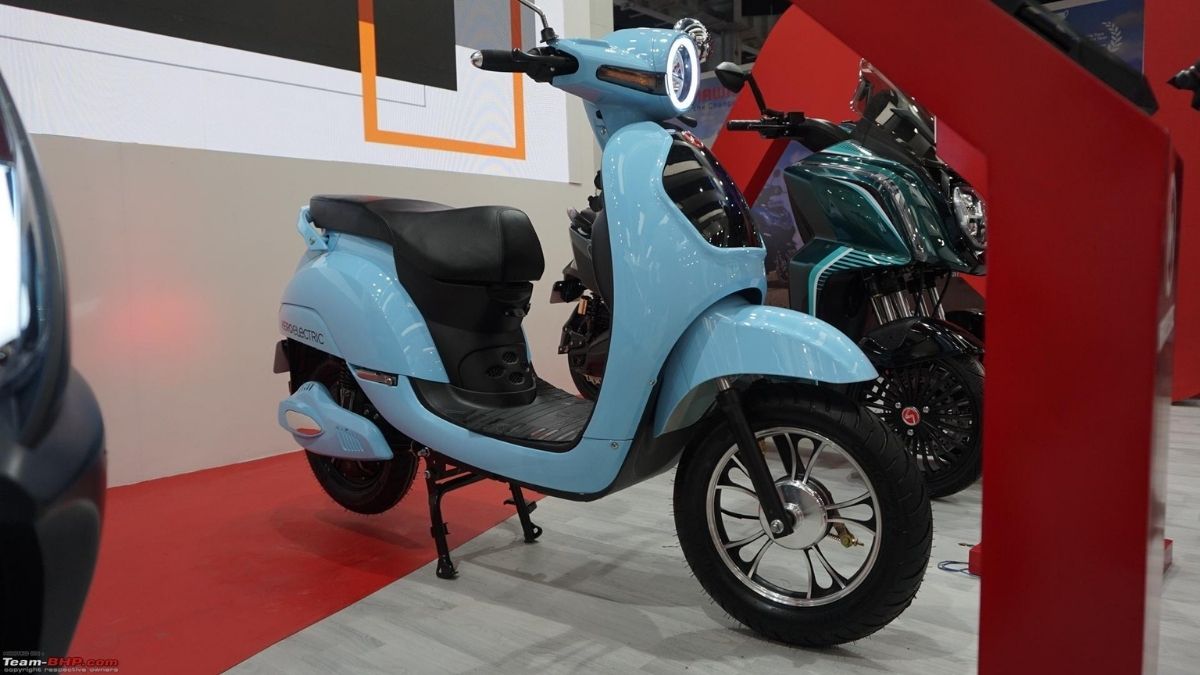
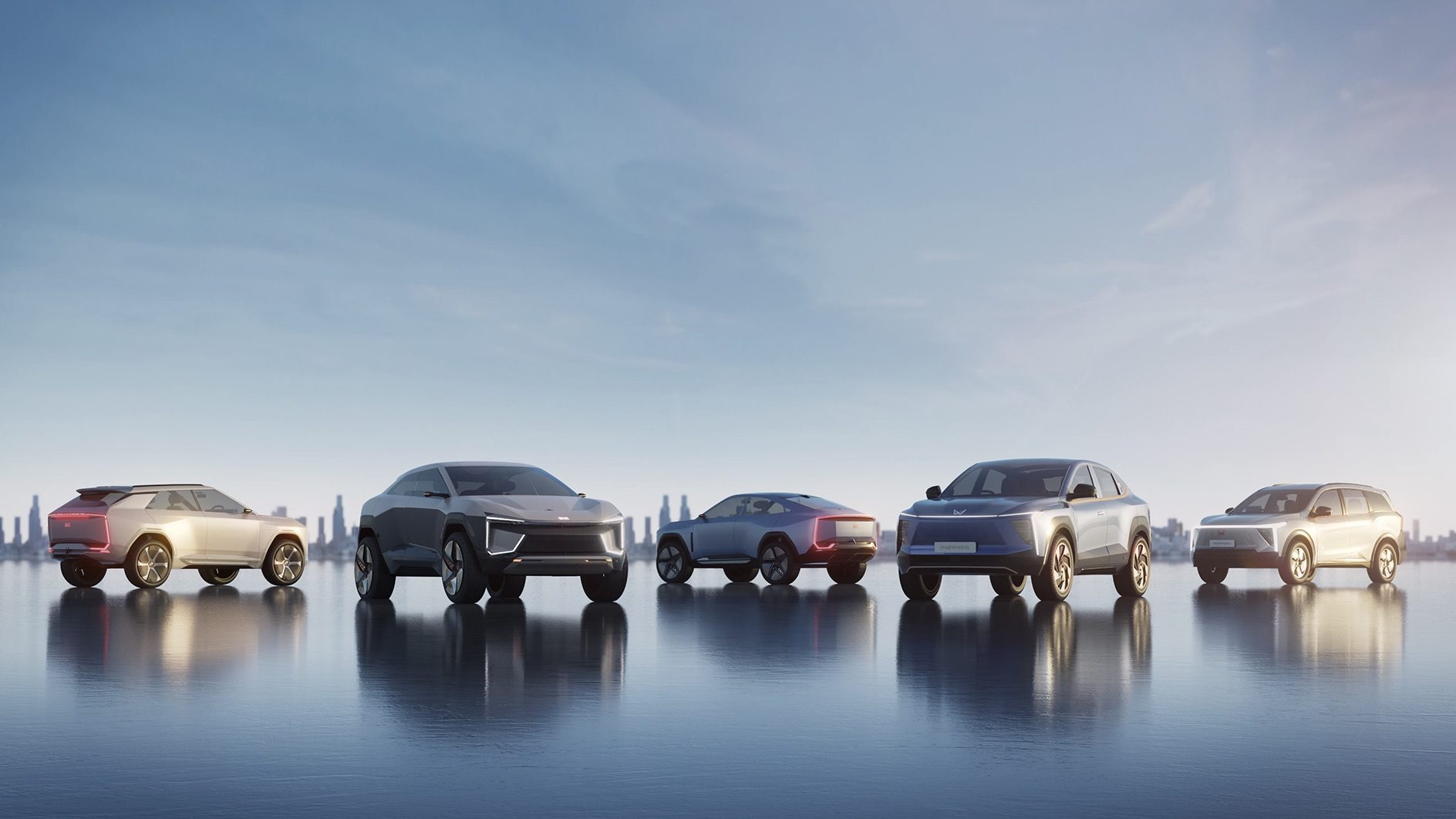
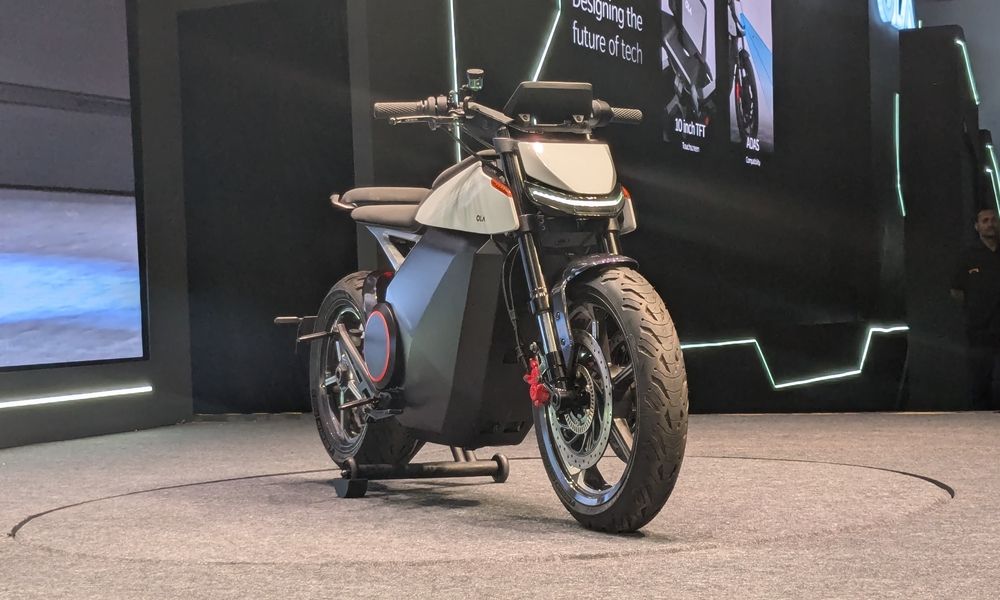



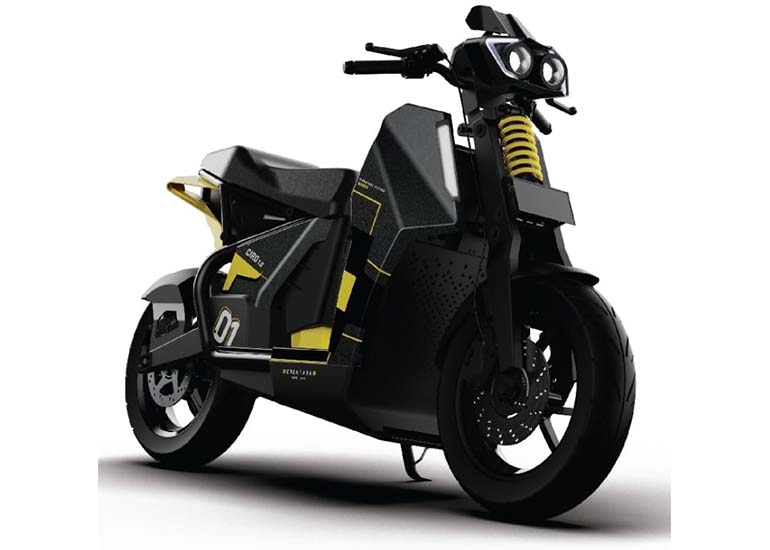
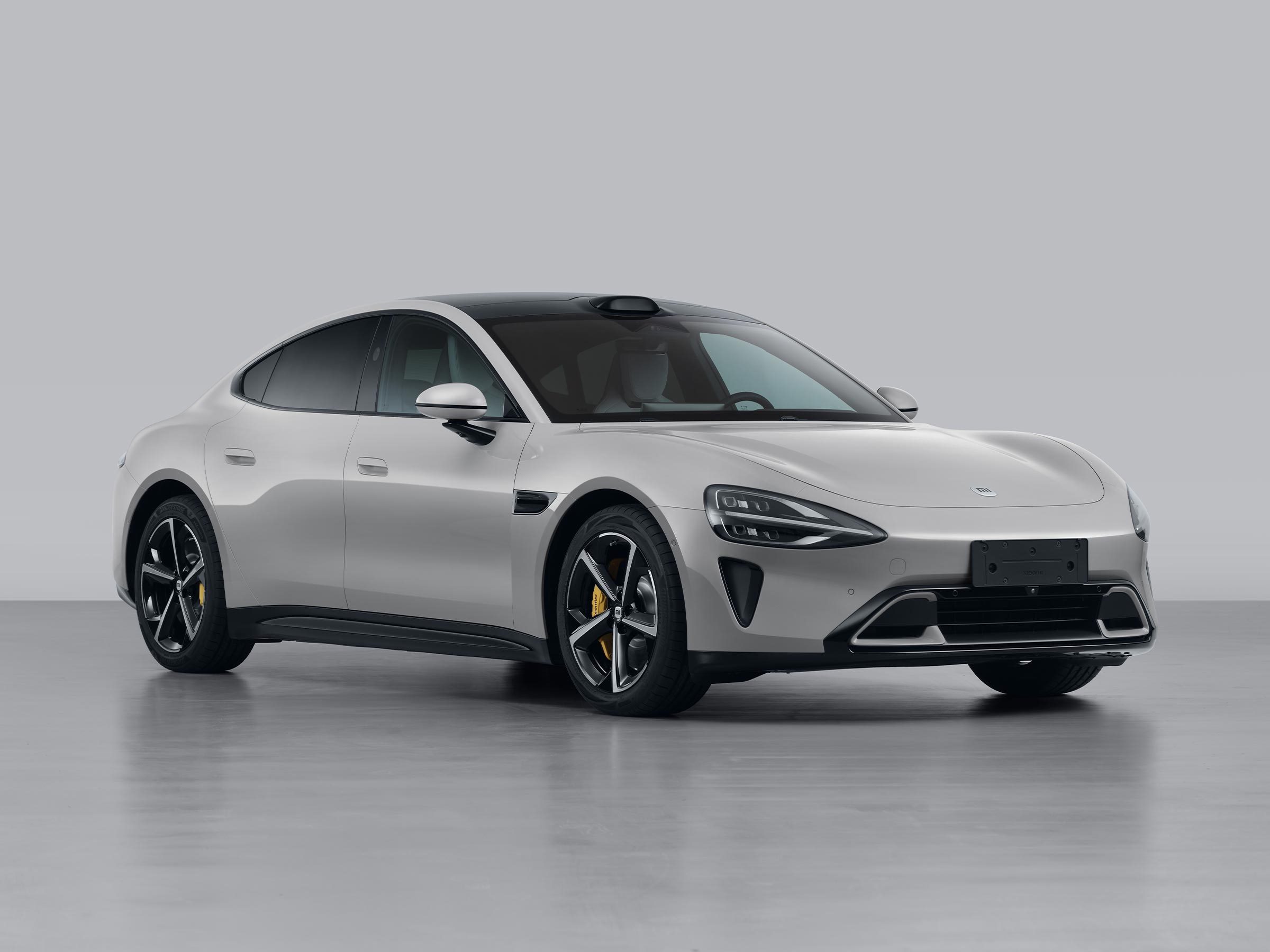

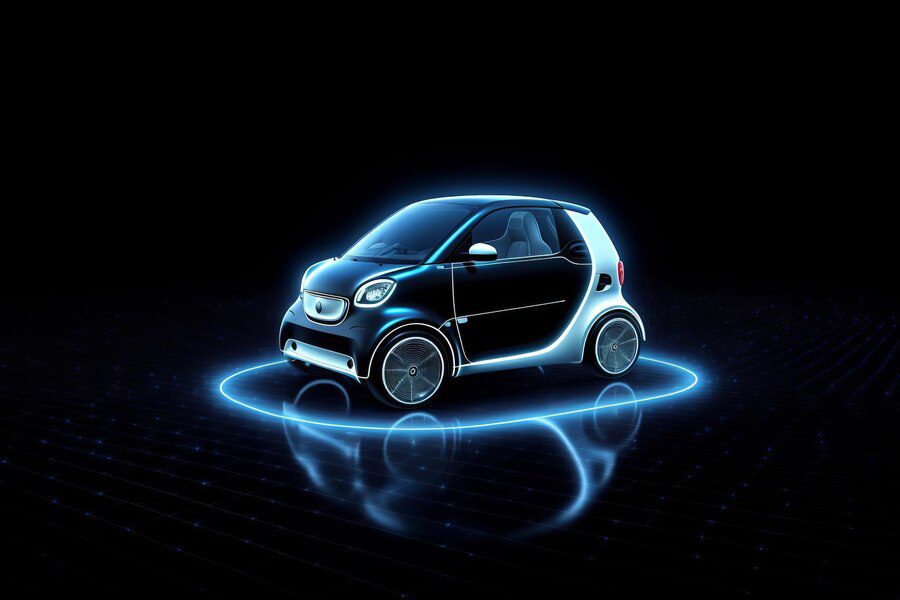
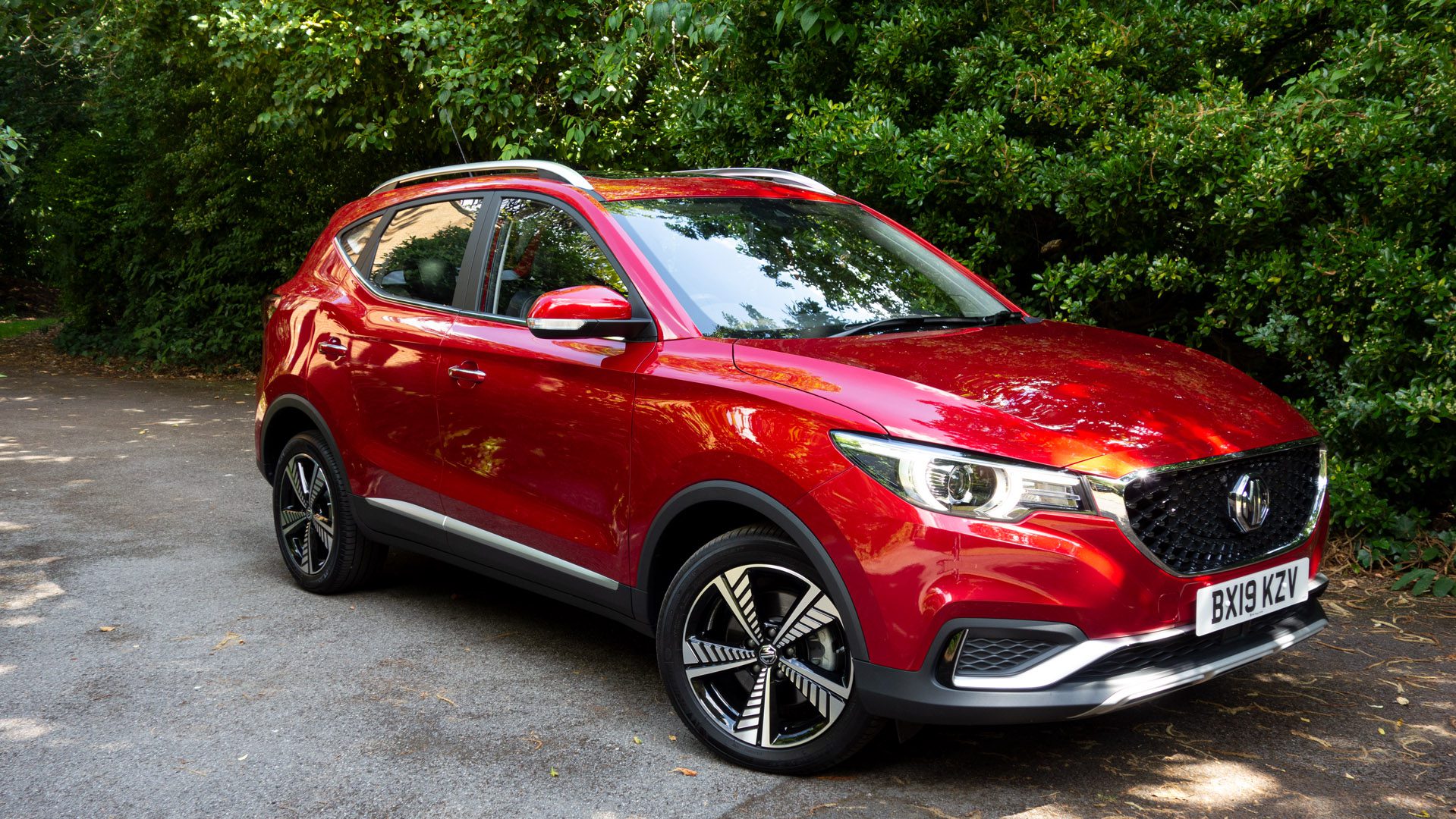






Leave feedback about this